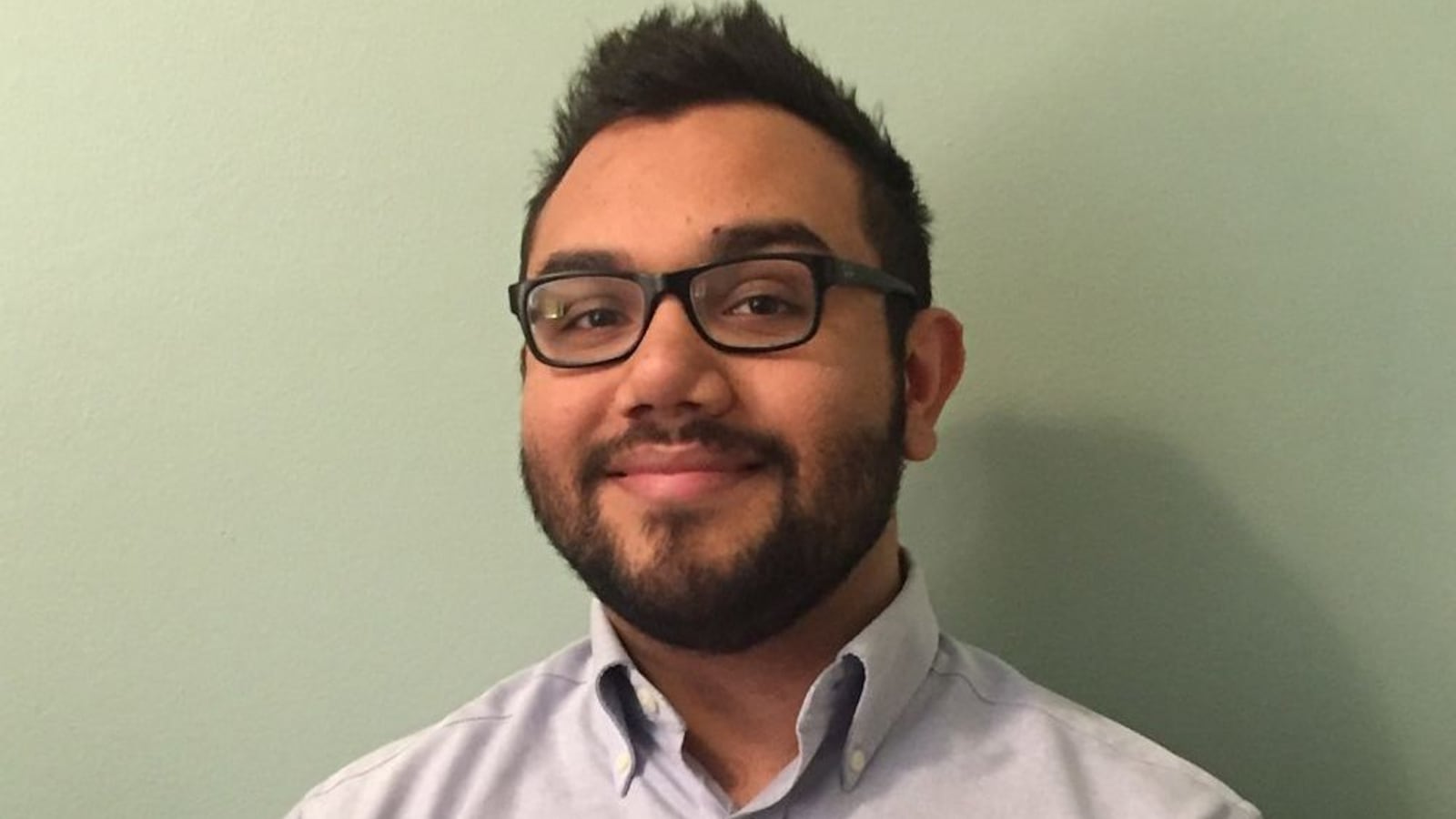For Carlos Ruiz, life in Donald Trump’s America is a big unknown.
He worries that the new president will erase the protections that allowed him, as an undocumented immigrant who came to Tennessee at age 6, to step out of the shadows and into a teaching career in Colorado.
Ruiz is among undocumented students who graduated from college and were recruited to teach in low-income schools through Teach For America. Starting in late 2013, the national organization began deliberately recruiting graduates who were granted work permits and exemptions from deportation through Deferred Action for Childhood Arrivals, or DACA. The policy gives protections, but not citizenship, for two years at a time to undocumented immigrants who came here as children.
Trump has said he plans to reverse Barack Obama’s executive actions, including DACA.
If that happens, the nearly 750,000 young immigrants shielded by DACA would be forced into the underground economy. And Ruiz could no longer work in public schools.
***
Ruiz knows what it’s like to live with uncertainty about his future.
His mother brought him to the United States to give him a better shot at graduating from high school and going to college, which she hadn’t been able to do in Mexico.
He attended public schools in Nashville, where he mastered English by the third grade.
“Elementary, middle school, early high school, I was optimistic. I always thought surely by the time I am a junior and senior in high school, immigration reform will occur and I will have a pathway to college,” he remembers. “It hit me pretty hard summer after sophomore year that that wouldn’t happen.”
His grades dropped and he posted a low ACT score. “I didn’t see the point of it,” he said, referring to his undocumented status.
But when Ruiz was a junior at Hillsboro High School, his mother gave a speech about what it meant for her and her son to be undocumented. The president of Nashville’s Trevecca Nazarene University was in the audience. Afterward, the president gave her his card and offered to help. Ruiz said he never would have been able to afford college otherwise.
“It wasn’t until the middle of college that I realized not everybody’s parent gives a speech and the president of a university happens to be there,” Ruiz said. “That’s when I realized wanted to go into education so I could open the doors for other students.”
When DACA was announced during his freshman year at Trevecca, Ruiz applied on the very first day. “DACA was an avenue for me to work hard and do what I wanted with that,” he said. “It made me feel in control and empowered.”
After graduating with a degree in history, Ruiz applied to Teach For America and was assigned to an elementary school in Denver. Realizing that his passion is working with high school students, he moved this year to STRIVE Prep Excel, a charter high school where he teaches Spanish.
The majority of his students are Latino and know his story. It’s a point of solidarity, he said, since many of them have undocumented friends or family members. The day after the election was difficult, he recalls.
“There was a lot of anxiety in the building,” Ruiz said. But, he added, “as the day went on, I felt better and continue to feel better. I grew up without DACA. DACA is a relatively new development. It’s hard having tasted freedom and knowing it might be taken away. But you have to look at it like, whatever happens, I will be OK.”
The experience of being an undocumented student has taught him to focus as a teacher on what he can control — and not to dwell on the rest. It’s a lesson he hopes to pass on to his students.
“That’s the mentality I’ve reverted to: Hope for the best,” he said. “Keep on staying level-headed for myself and for my students. And continue to speak about it in an educated way because I sincerely believe that when people hear our stories, they will be supportive and change will come.”

